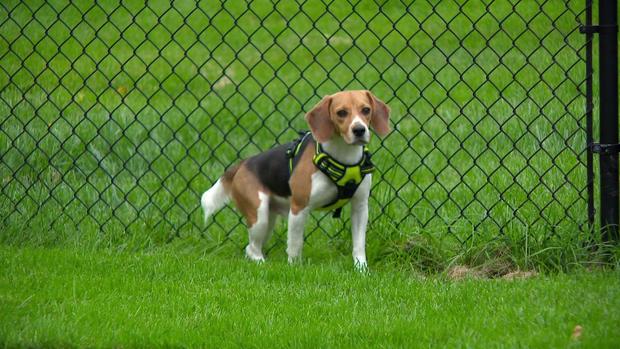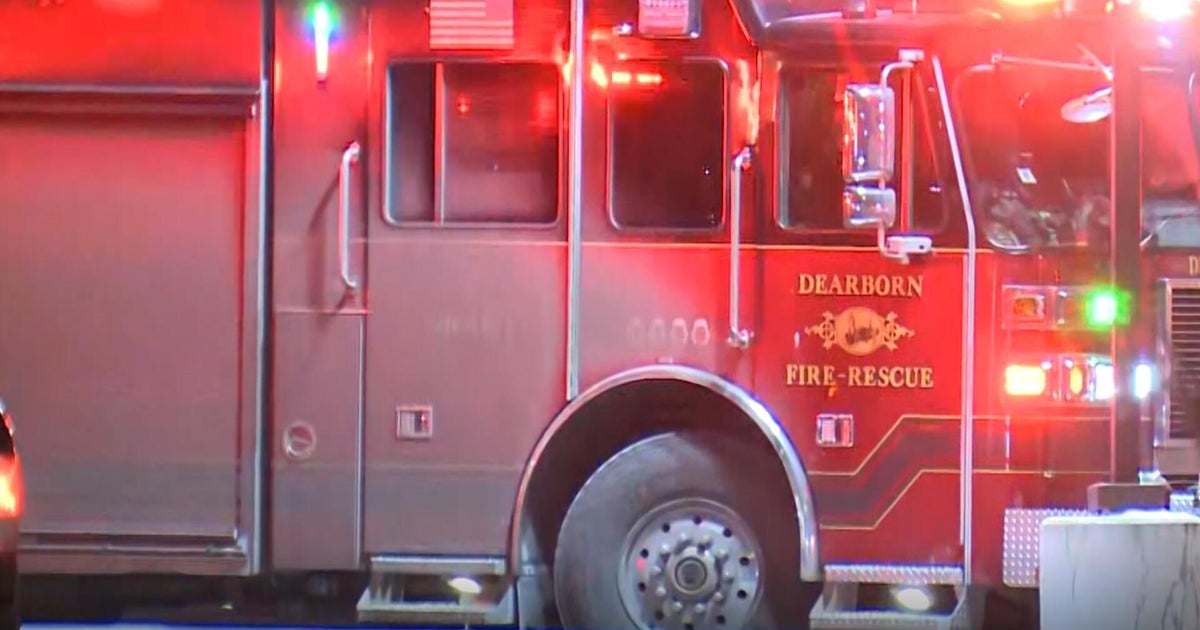Beagles rescued from Midwest laboratory explore yard for first time in Twin Cities
BLOOMINGTON, Minn. — On average, nearly 60,000 dogs are used in experiments each year in the United States, according to the Humane Society.
Most are euthanized after experiments, but a group of 10 beagles are getting their second chance at life after being rescued from a laboratory in the Midwest.
The Canadian nonprofit The Beagle Alliance brought three of the dogs back to Manitoba Monday, making a stop in Bloomington at a volunteer's home on the way. This is where the 3-year-old pups got to experience a grass-filled yard for the very first time.
MORE NEWS: Barron County retires Koda the K-9 service dog
"I can't tell you what laboratory they're from, that's confidential," said Lori Cohen, The Beagle Alliance's executive director.
Cohen said it's unclear what the dogs were being used for. Nationwide, dogs are most commonly used for biomedical experiments or drug safety testing. Once the dogs are removed from the laboratory setting, they are often traumatized and need some time to adjust, she said.
"There's some decompression to happen and just love and patience, and slowly they come out of their shells," Cohen said.
More than 250 U.S. institutions report using dogs in experiments each year. The majority are companies, community colleges/technical schools and public universities.
"Beagles are the most-used breed of dog in laboratory testing, and that's global, because they're docile, they're forgiving, and they easily fit into a cage, unfortunately," Cohen said.
Some states, including Minnesota, have laws that require labs, when possible, to offer dogs to shelters for adoption.
"Most animals are euthanized after study, and they don't have to be. As we know, they can go on to live longer lives outside of the cage than inside the cage, so that's what we're hoping for," she said.
Volunteer Kathy Myer knows this firsthand. Two of her dogs were used in testing.
"Seeing my dogs and what they've been through and overcome, and knowing that they're on their way to a great life, it's just amazing," Myer said.
The beagles will next head into foster care for four to eight weeks before being adopted.








